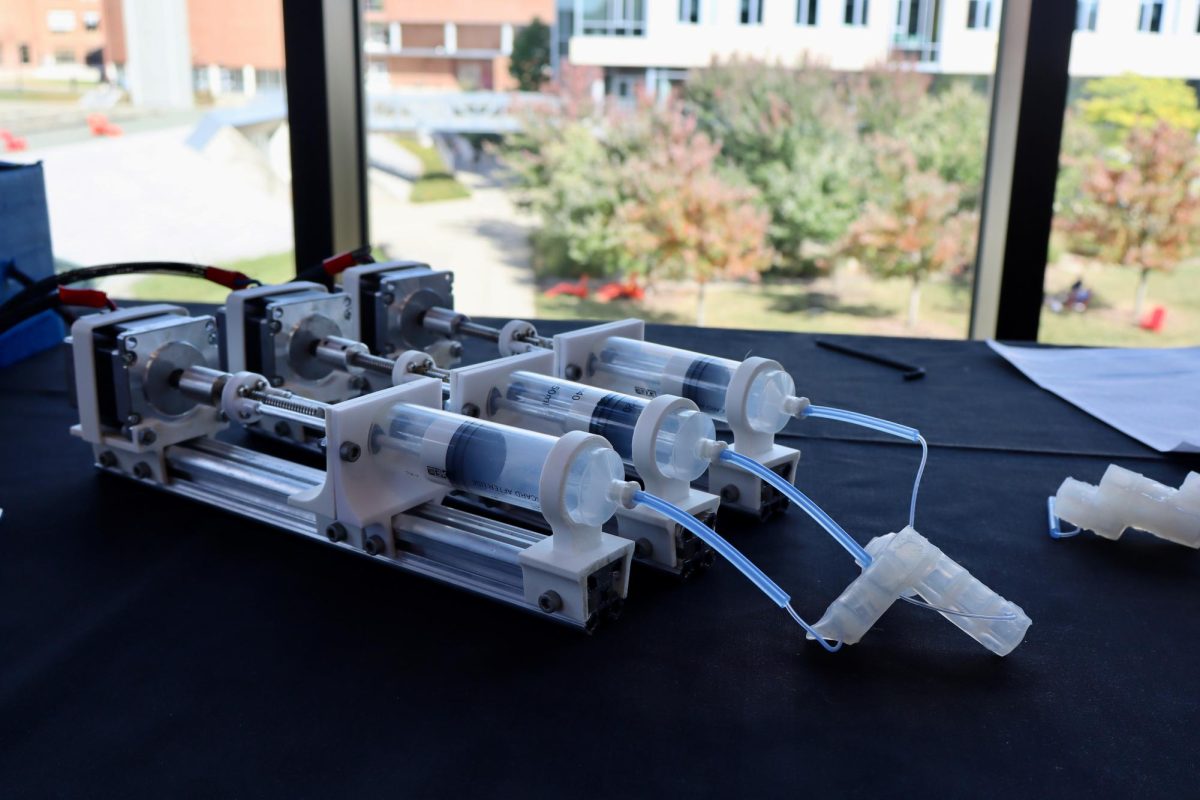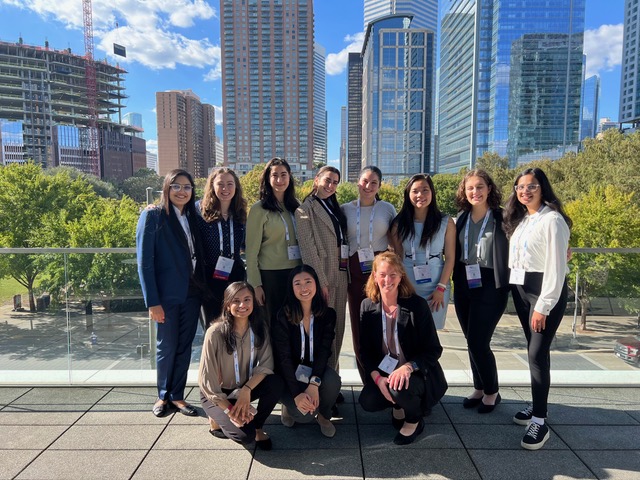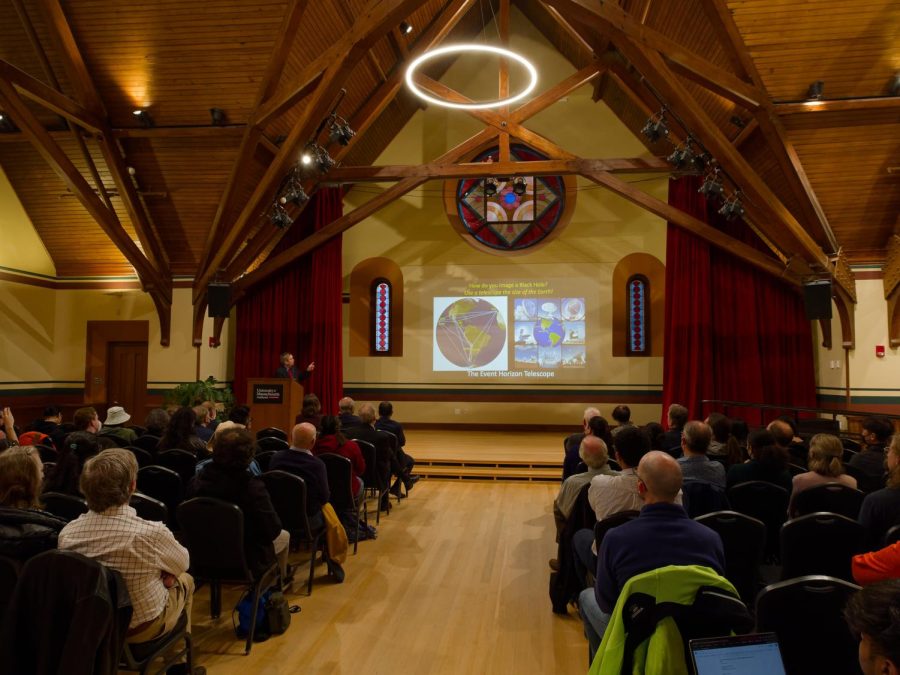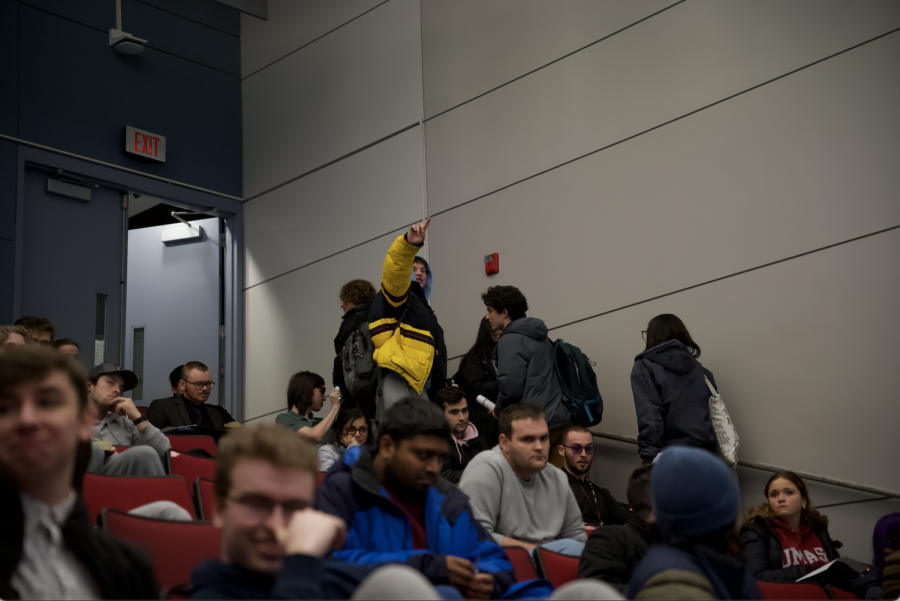
The University of Massachusetts system ranked eighth in the nation in technology transfer income for fiscal year 2009, according to a survey by the Association of University Technology Managers and reported in Inside Higher Ed.
That year, the University earned $70.5 million against a research budget of $489 million, compared to Northwestern University, which earned $161.6 million. According to the Amherst campus’ Office of Commercial Ventures and Intellectual Property, UMass Amherst contributed $861,500 that year, with the bulk of the money being earned by the medical school.
For fiscal year 2010, UMass Amherst has received around $2.4 million in technology transfer income, with the amount from the full system not yet available.
Technology transfer is the process where discoveries and inventions made by faculty are licensed out to businesses. Sometimes new businesses are even started, such as with microbiology Professor Susan Leschine’s discovery of the Clostridium phytofermentans bacterium with lab technician Tom Warnick.
C-thy, as she calls it, is an organism that can eat any cellulosic matter – wood and bark, as well as leaves and stems – and make ethanol from it. “The good news about C-thy is that you can feed it waste paper,” Leschine said, adding that municipal solid waste is 50 percent paper.
They discovered the bacterium in the soil and it could originally produce a solution of two or three percent ethanol before the concentration killed it, however by feeding it more nutrients, more mutants able to tolerate higher concentrations of ethanol were bred, so ethanol tolerance is not a problem.
Leschine said that when she joined the faculty, she signed an agreement giving the rights to her discoveries to UMass and has to disclose all of them to the University every year in case they can be commercialized.
In 2006 C-thy was commercialized by starting a company called SunEthanol on University Dr. in Amherst, but in 2008 the company moved to Marlboro, Mass. and changed its name to Qteros. They also branded C-thy as The Q Microbe. The company is in the process of raising more money and improving the organism so it can be commercially viable. According to Qteros’ website, UMass Lowell Chancellor Martin T. Meehan is on their Board of Directors while Valero, British Petroleum, Venrock Associates – which provided venture capital to early electronics companies such as Apple – and Soros Fund Management have invested in them. Last month they secured an additional $22 million in funding, according to their website.
Qteros recently announced a partnership with Praj Industries of India. CEO John McCarthy Jr. told BioFuels Digest that Qteros partnered with Praj because they have “a top quality management team, for one – and the fact they have built more than 450 plants around the world. No one has more expertise.”
Leschine said that she has been doing more research on C-thy because the reason it makes ethanol in the first place is a mystery. Most microbes don’t make ethanol because they still have a high energy content and, since it’s poisonous to them, makes it wasteful. But she thinks that C-thy has an unusual way of capturing energy that would make its ethanol production economical. She said that Qteros is also doing more research on C-thy, mainly in getting rid of DNA from its genetic code that commercial operations won’t need.
However, UMass still owns the microbe and so Qteros pays a yearly licensing fee to work with it. Some of the money goes into funding Leschine’s research. “On the patent I’m named as an inventor,” she said. “Part of the licensing fee comes back to the inventors.”
Matthew M. Robare can be reached at [email protected].












